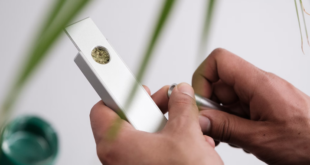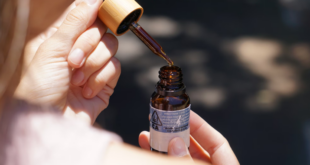
Given the growing cannabidiol (CBD) products market, the U.S. Food and Drug Administration (FDA) convened a high-level internal working group to explore potential regulatory pathways for CBD products.
The FDA concluded:
“Today we are announcing that after careful review, the FDA has concluded that a new regulatory pathway for CBD is needed that balances individuals’ desire for access to CBD products with the regulatory oversight needed to manage risks. The agency is prepared to work with Congress on this matter. Today, we are also denying three citizen petitions that had asked the agency to conduct rulemaking to allow the marketing of CBD products as dietary supplements.
The use of CBD raises various safety concerns, especially with long-term use. Studies have shown the potential for harm to the liver, interactions with certain medications and possible harm to the male reproductive system. CBD exposure is also concerning when it comes to certain vulnerable populations such as children and those who are pregnant.
A new regulatory pathway would benefit consumers by providing safeguards and oversight to manage and minimize risks related to CBD products. Some risk management tools could include clear labels, prevention of contaminants, CBD content limits, and measures, such as minimum purchase age, to mitigate the risk of ingestion by children. In addition, a new pathway could provide access and oversight for certain CBD-containing products for animals.
The FDA’s existing foods and dietary supplement authorities provide only limited tools for managing many of the risks associated with CBD products. Under the law, any substance, including CBD, must meet specific safety standards to be lawfully marketed as a dietary supplement or food additive.
The working group, which I chair, has closely examined studies related to the CBD-based drug Epidiolex, published scientific literature, information submitted to a public docket, as well as studies both conducted and commissioned by the agency. Given the available evidence, it is not apparent how CBD products could meet safety standards for dietary supplements or food additives. For example, we have not found adequate evidence to determine how much CBD can be consumed, and for how long, before causing harm. Therefore, we do not intend to pursue rulemaking allowing the use of CBD in dietary supplements or conventional foods.
CBD also poses risks to animals, and people could be unknowingly exposed to CBD through meat, milk and eggs from animals fed CBD. Because it is not apparent how CBD products could meet the safety standard for substances in animal food, we also do not intend to pursue rulemaking allowing the use of CBD in animal food. A new regulatory pathway could provide access and oversight for certain CBD-containing products for animals.
The FDA will continue to take action against CBD and other cannabis derived products to protect the public, in coordination with state regulatory partners, when appropriate. We will remain diligent in monitoring the marketplace, identifying products that pose risks and acting within our authorities. The FDA looks forward to working with Congress to develop a cross-agency strategy for the regulation of these products to protect the public’s health and safety.”
 AZ Marijuana Arizona Marijuana Info
AZ Marijuana Arizona Marijuana Info






